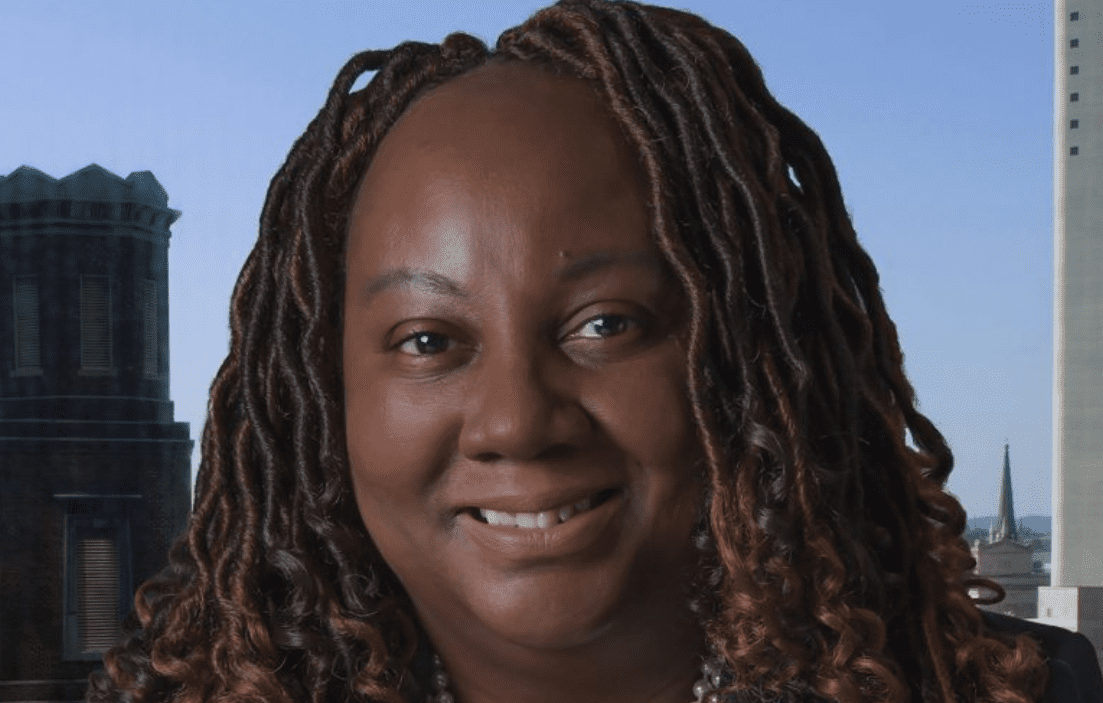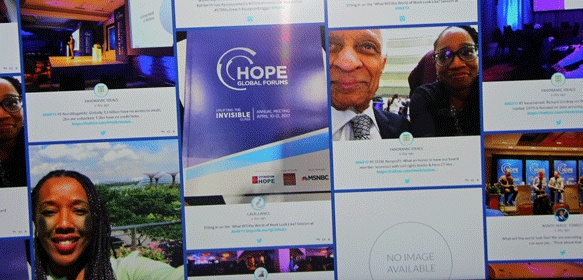The racial bias a Detroit accountant experienced at a PNC Bank branch demonstrates how discrimination continues to create obstacles for Black professionals seeking basic financial services, even amid growing awareness and calls for change in the banking industry.
The incident at PNC Bank
The accountant, Kiara Young, had to deal with an ordeal during what should have been a straightforward transaction. After selling her Cadillac CTX to the Lunghamer Buick GMC dealership, she attempted to cash a legitimate $10,500 check at PNC Bank, where the dealership held its account. Despite having proper identification and agreeing to pay the required 2 percent processing fee, Young encountered an inexplicable refusal that has now led to legal action against the financial institution.
The incident, which occurred in May 2023, mirrors countless similar experiences across the country, where Black customers face unwarranted scrutiny and rejection when attempting to conduct routine banking transactions. Young’s story particularly resonates with established professionals who, despite their credentials and financial stability, continue to face barriers in spaces where their presence should be unquestioned.
A familiar pattern of bias
The details of Young’s case paint a troubling picture of modern banking practices. After her own bank informed her that the check would require a weeklong hold, she visited the PNC branch where the check originated. Despite initially being told she could proceed with the transaction, Young faced an abrupt reversal when a manager stepped in and denied the service without explanation.
The contrast between this experience and Young’s successful transaction at a different PNC branch the following day underscores the arbitrary nature of the discrimination. This inconsistency in treatment has become a recognizable pattern for Black customers navigating the banking system, regardless of their professional status or financial literacy.
Recent years have seen several high-profile incidents that parallel Young’s experience. Filmmaker Ryan Coogler, for example, was handcuffed while attempting to withdraw cash from his Bank of America account. Coogler’s experience — where he was mistaken for a threat due to his race, according to the Atlanta Black Star — highlights a troubling trend where African American professionals are often treated with suspicion in financial settings. These incidents often follow a similar script: initial acceptance followed by unexplained rejection or excessive scrutiny, sometimes escalating to law enforcement involvement.
The cost of banking discrimination
The impact of these discriminatory practices extends beyond immediate financial inconvenience. For professionals who have worked diligently to build their careers and establish financial stability, such incidents represent a stark reminder that success and credentials do not shield them from systemic bias.
The psychological toll of these experiences creates a ripple effect throughout communities, influencing how Black individuals approach financial institutions and manage their wealth. This perpetuates a cycle of distrust that can impact everything from business development to generational wealth building.
Moving toward accountability
Young’s lawsuit against PNC Bank — which, according to the Detroit Free Press, a Michigan judge allowed to proceed — represents more than an individual seeking justice. It serves as a crucial push for institutional accountability in an industry that has historically operated with limited oversight regarding discriminatory practices. While PNC has attempted to dismiss the case as lacking merit, reported the Atlanta Black Star, the judge’s recognition of plausible racial animus signals a potential shift in how these cases are evaluated in the legal system.
The banking industry’s response to such incidents often focuses on procedural justifications rather than addressing the underlying biases that inform employee decisions. This approach fails to acknowledge the sophisticated ways in which discrimination manifests in professional settings, particularly when dealing with customers who challenge stereotypical assumptions about wealth and status.
The path forward
As conversations about equity in banking continue to evolve, cases like Young’s highlight the need for comprehensive reform in how financial institutions train their employees and implement policies. The focus must extend beyond surface-level diversity initiatives to address the deeply ingrained biases that persist even in seemingly routine transactions.
For the banking industry to truly serve all customers equitably, institutions must recognize that discrimination against Black professionals doesn’t just harm individuals; it undermines the entire financial system’s credibility and effectiveness. This recognition must be followed by concrete actions, including robust training programs, clear accountability measures and transparent processes for handling customer transactions.
The fight for equal treatment in banking services continues, driven by individuals like Young who refuse to accept discriminatory treatment as the status quo. Their experiences and subsequent legal actions serve as crucial catalysts for change, pushing financial institutions to confront and address their biases.
As more cases come to light and more voices join the call for reform, the banking industry faces increasing pressure to evolve. The question remains whether institutions will proactively address these issues or continue to face legal challenges from professionals who demand the respect and service they have earned.

















